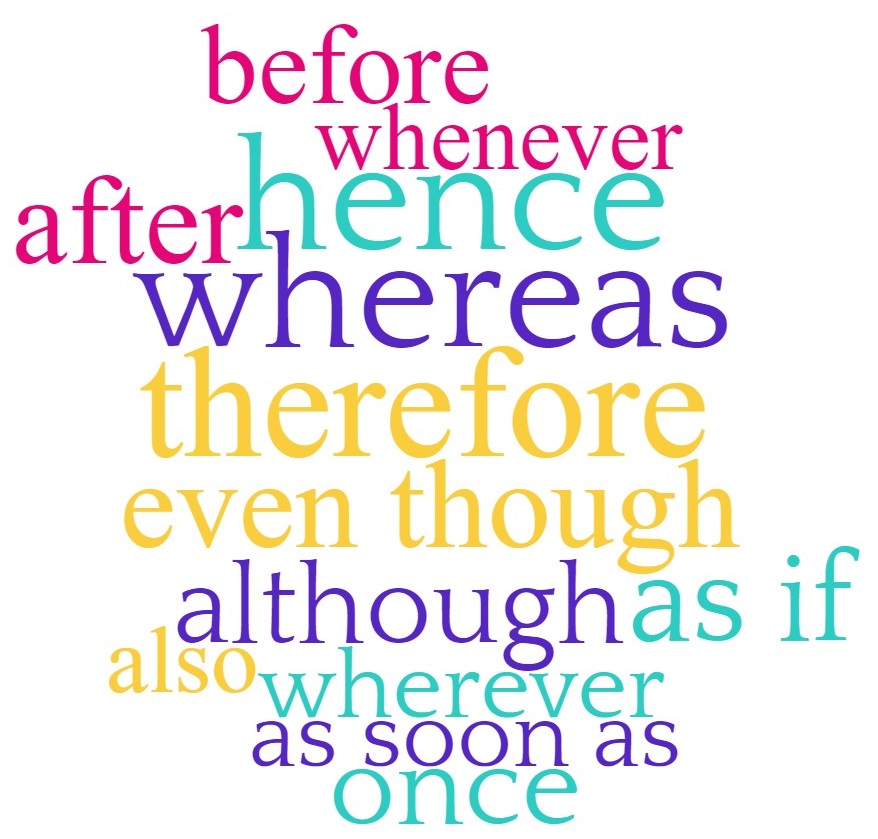The key difference between conjunction and interjection is that conjunctions are not stand-alone words, whereas interjections are stand-alone words. Conjunctions are used to connect words, phrases, and sentences and usually occur in the middle of sentences. However, interjections are used only to express strong feelings and are used generally at the beginning of sentences.
Key Takeaways
- Conjunctions connect words, phrases, clauses, or sentences and have three types: coordinating, subordinating, and correlative conjunctions.
- Interjections are words or phrases that express emotions like joy, love, anger, shock, enthusiasm, disgust, boredom, or confusion and are often used at the beginning of sentences, primarily in informal writing and speaking.
- The main difference between conjunctions and interjections is that conjunctions are not stand-alone words, while interjections are stand-alone words.
What is a Conjunction?
A conjunction is a word that connects words, phrases, clauses, or sentences. Conjunctions help to create complex and meaningful sentences. They also avoid the occurrence of short sentences. There are single word conjunctions like and, but, yet, because, and compound conjunctions like as long as, as far as, as well as, in order to, in spite of, and even if.
Types of Conjunctions include Coordinating Conjunctions, Subordinating Conjunctions, and Correlative Conjunctions.
What is an Interjection?
An interjection is a word or phrase that expresses emotions such as joy, love, anger, shock, enthusiasm, disgust, boredom, or confusion. They are considered small words that convey big emotions. Interjections are generally used at the beginning of sentences, generally in informal writing and speaking. They are very short and are not considered complete sentences. Also, they usually lack major parts of speech. These often end with an exclamation mark.
Examples of Interjections include Hi! Oh! Hey! Ugh! Wow! Gosh! Goodness! Yikes!
What is the Difference Between Conjunction and Interjection?
A conjunction is a word that connects words, phrases, clauses, or sentences, whereas an interjection is a word that expresses emotion. The key difference between conjunctions and interjections is that conjunctions are not stand-alone words, whereas interjections are stand-alone words.
Summary – Conjunction vs Interjection
Conjunctions are words that connect words, phrases, clauses, or sentences. There are three types as coordinating, subordinating, and correlative conjunctions. Interjections are words or phrases that express emotions like joy, love, anger, shock, enthusiasm, disgust, boredom, or confusion. They are small words that indicate big emotions. These are used at the beginning of sentences and usually in informal writing and speaking. This is the summary of the difference between conjunction and interjection.
